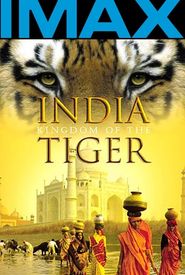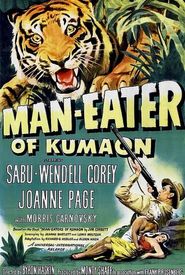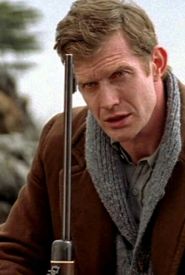Jim Corbett: A Life of Adventure and Wildlife Conservation
Born in a hill station in India, Jim Corbett was the second youngest of thirteen children. His early life was marked by tragedy, with his father passing away when he was just four years old, while serving at the volatile Afghan border. Raised by his mother on their Naini Tal estate and their "Irish cottage" at Kaladhungi, Corbett developed a deep fascination with the jungles and the wildlife that inhabited them.
As a child, Corbett spent his days collecting bird eggs, studying wildlife, and learning to hunt. His passion for the outdoors only grew stronger with time, and he went on to work for over twenty years for a railroad company in India. During World War I, Corbett served as the captain of the 500-man 70th Kumaon Labor Corps, leading them to France.
After the war, Corbett was promoted to Major and sent to the North West Frontier as the Commandant of the 114th Labor Battalion in the Third Afghan War. He continued to work in India, supervising the growth of coffee and maize on his plantation on the slopes of Mount Kilimanjaro.
In 1930, Corbett's life took a dramatic turn when he discovered the wonders of a 16mm movie camera. He traded in his rifle for a camera, using it to capture the beauty of the natural world. However, he continued to hunt man-eaters who were disrupting human communities, earning him a reputation as a skilled hunter and conservationist.
Corbett's most famous kills included the "Bachelor of Powalgarh," the "Champawat man-eater," and the "Man-eaters of Kumaon," the latter of which he killed in 1907 after they had claimed nearly 436 victims. His last man-eater hunt was the Thak man-eater in 1938.
Corbett's experiences as a hunter and conservationist were chronicled in his book, "Man-Eaters of Kumaon," which was published in 1944. The book is considered a classic of the genre and has been widely read and admired. Through his work, Corbett helped to raise awareness about the importance of conservation and the need to protect endangered species.
Corbett's legacy extends beyond his hunting exploits and his writing. He was a true pioneer in the field of wildlife conservation, and his work laid the foundation for future generations of conservationists. His story is a testament to the power of passion and dedication, and serves as a reminder of the importance of preserving our natural world.



















